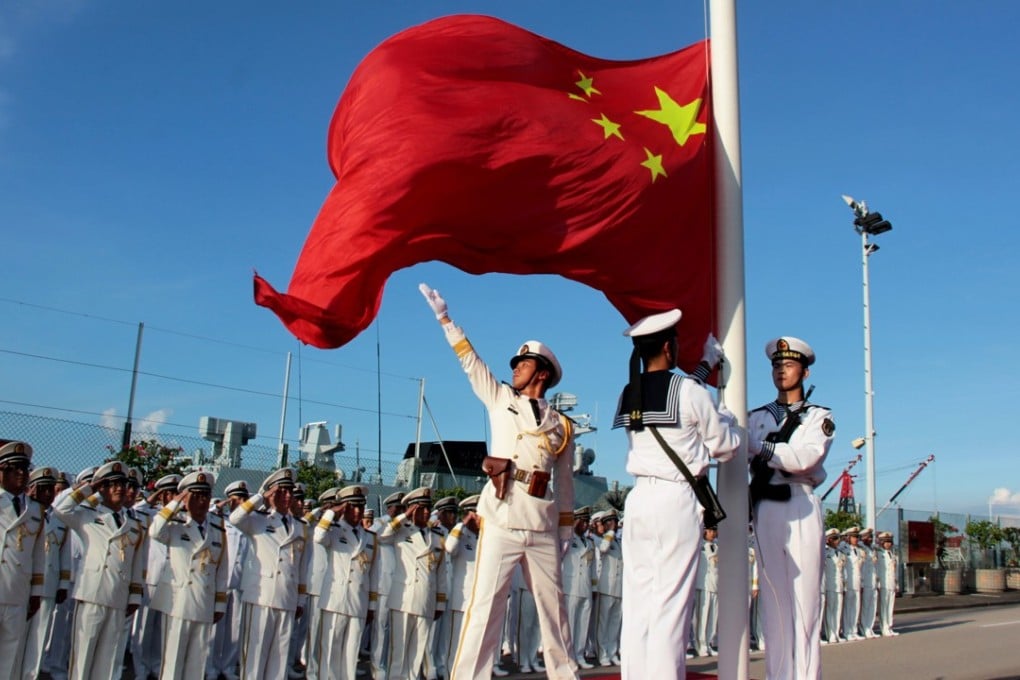Why controversy marches to the tune of China’s national anthem
A proposed new law on the mainland to protect the song from abuse has sparked debate on its application in Hong Kong

Controversy is nothing new in the zigzag course of the anthem’s history. Launched as a film song in 1935, the March of the Volunteers became a No 1 hit with its stirring rhythm and lyrics rallying a China at war with Japan.
But decades later, during the Cultural Revolution, the anthem fell from grace and was seldom played. On the rare occasion that it was sung, the words were changed as lyricist Tian Han was seen as a traitor.
The song’s fortunes turned again as it became a staple of Hong Kong’s national education initiative in 2004, galvanising an increasingly mixed reception in society. On paper, the score takes up a mere 37 bars, but the debates it has triggered continue unabated.